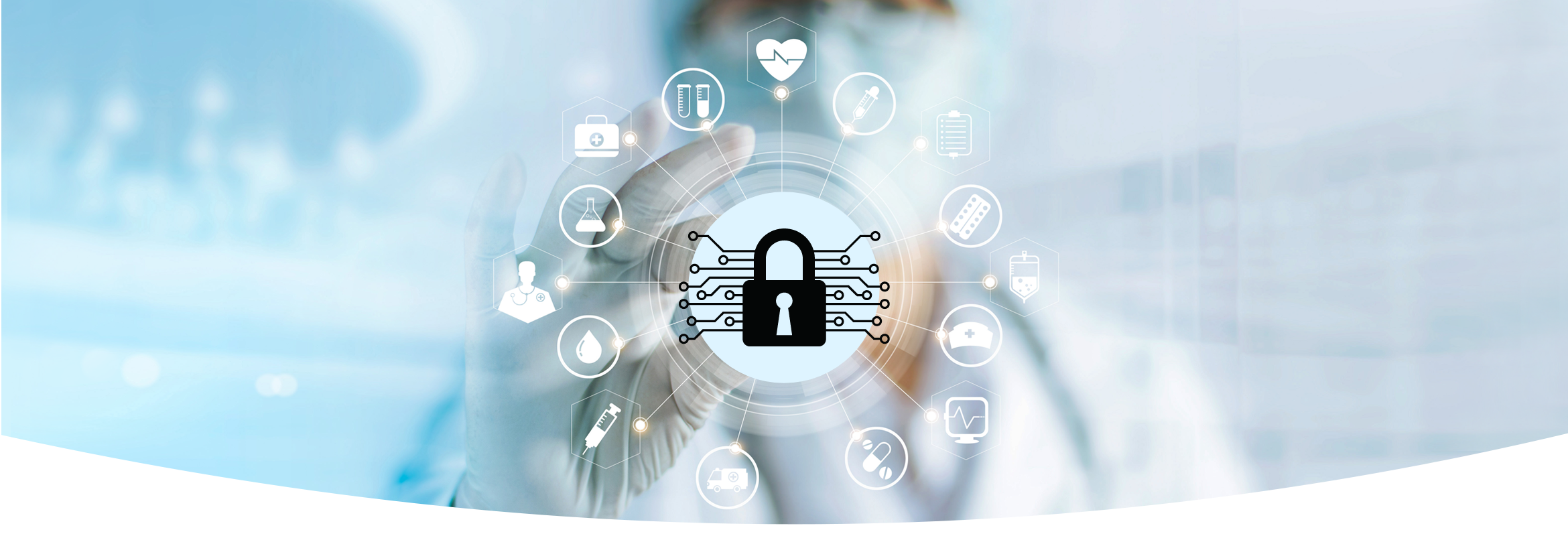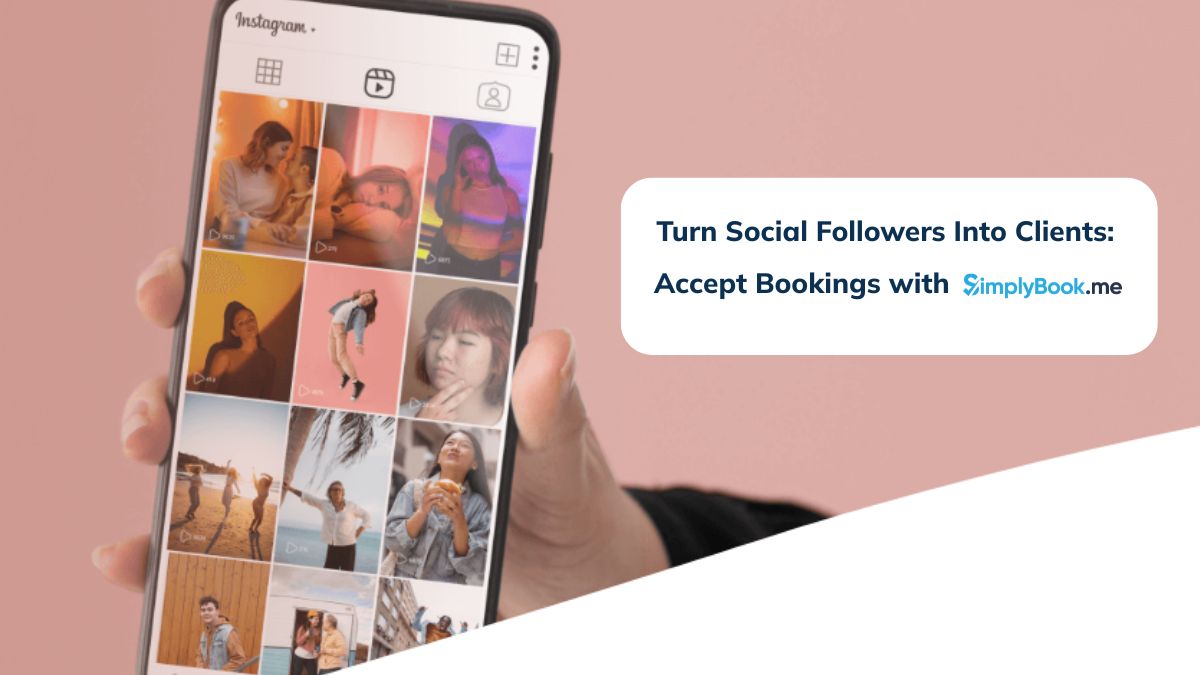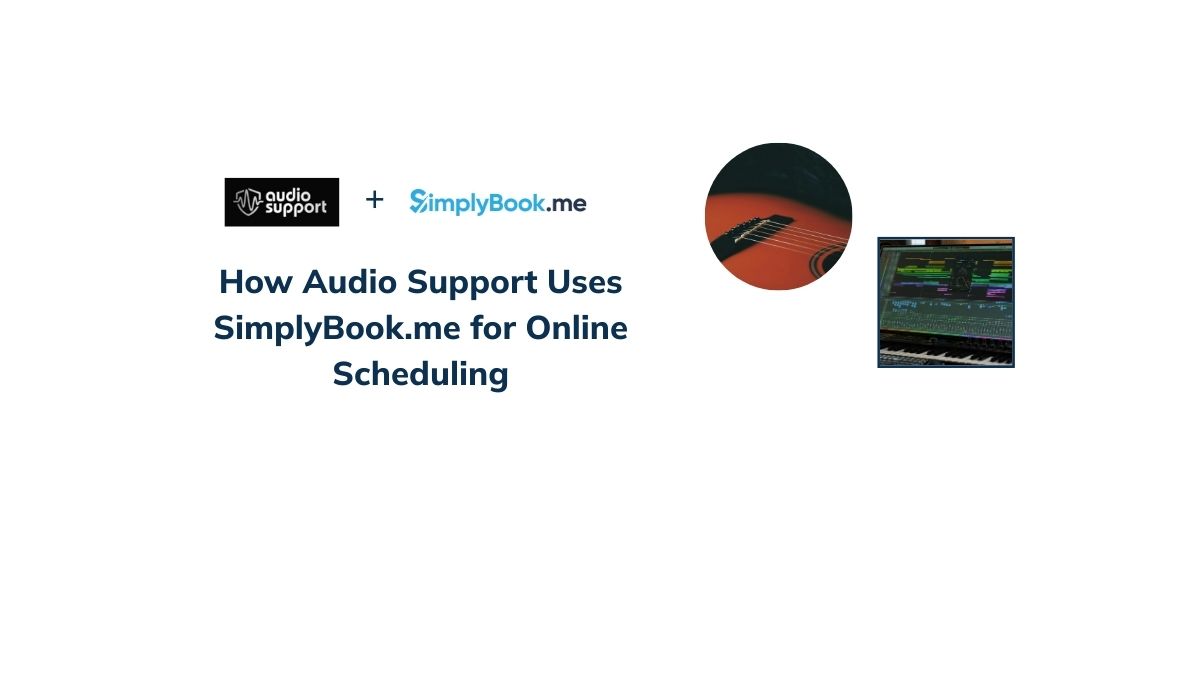Increased Data Protection Measures by Mobile Healthcare Apps in the Face of Increasing Security Threats

This post is also available in:
![]()
![]()
![]()
Like every other field, the medical industry has advanced significantly in the past few years. Health professionals are working towards improving the experience for both frontline healthcare workers and the patients. Most of the work is now shifting to the digital landscape, and data protection is crucial.
You must have noticed people around you wearing smartwatches and other wearable devices to measure their physical activities, heart rate, blood pressure, etc. The inclusion of technology in healthcare is making people’s lives easier. You no longer have to wait in the hospital waiting rooms, waste time, or go through the hassle of hospitals. Most of the things are now shifting to apps through which you can monitor your health and get an online consultation.
We now feel a lot of control over our healthcare compared to before. With the increased trust of people in these health apps, there also arises a concern for data security and protection. Data security practices include protecting digital information and making sure it is not misused or violated in any way.
Numbers and Figures:
The Healthcare industry is often the easiest target for hackers; let’s have a look at a few stats to look at a few potential threats:
- 89% of healthcare organizations have had a data breach incident in the past two years.
- All web applications related to critical health information are vulnerable to cyber-attacks.
- The estimated loss of data will cost healthcare companies around $6 trillion in damages in the next three years, compared to $3 trillion in 2017.
- 82% of surveyed healthcare organizations consider digital security a primary concern
- United States’ 55% of healthcare companies faced cyber-attacks in the past year.
The stats above indicate how alarming the data protection situation data is. The healthcare industry needs to acknowledge the potential hazards and actively work towards reducing potential threats and risks.
Let’s have a look at a few potential mobile security threats that Mobile HealthCare Apps should take into consideration:
Data Leakage
One of the most damaging and worrisome threats to mobile app security in healthcare apps is data leakage. When you use a healthcare app, you input a lot of your personal information, including your location, age, gender, symptoms, and even your credit card details.
People are usually unaware of how this information is used and who has access to their information. With the increase in healthcare apps available on android and iOS app stores, it is becoming a challenge to distinguish trusted apps from unreliable ones.
Social Engineering
Social engineering is another threat to protection and privacy as it employs tactics that exploit human psychology to access valuable information. A simple example of social engineering is that rather than hacking your system through malware, a cyber-criminal might call you while impersonating someone else. For example, they may contact you as a carpet cleaning representative to get your information, such as your user ID or password.
Since people are using healthcare apps on their phones, they are likely to respond to such tactics on their mobile devices. Text messages and apps like Facebook Messenger and WhatsApp are an easy target for attackers to get useful information from people.
Practices such as two-way authentication, device authentication, Titan Security Key, or YubiKey help prevent phishing and social engineering tactics and increases data protection.
Public Wi-Fi
Most of our devices are connected to the internet. Wherever we go, we instantly connect with the free public Wi-Fi available. The internet in most places, including restaurants, public transport, airports, subways, etc., is public. With multiple devices connected to the same network, there is a danger of data leakage.
Connecting to a public Wi-Fi means your data isn’t protected. Moreover, and unscrupulous third parties can abuse your vulnerable information. People use public Wi-Fi three times more than cellular data, making data protection weak. Traffic encryption isn’t complicated these days.
Using a reliable VPN helps secure data and protects privacy. However, the VPN must be carefully selected as there are many options available, but not all of them are authentic. Therefore, choose one that has a high rating on App Stores.
Poor Password Security
Most of us do not take password protection seriously anymore, thinking we are past that; however, poor account passwords are still a massive security threat and aid data breaches. People mostly reuse the same password for multiple accounts, making it easy to hack.
More than 80% of hacking cases result from weak passwords, and many people continue to underestimate password manager usage. People also tend to make the mistake of using the same passwords for their personal and professional accounts. This habit creates a significant risk of exposure.
With healthcare apps, you have a lot of personal data and information stored on those apps that should be made confidential and protected from any malicious activities. Consequently, security advisors advise you to use strong password combinations and update them every three months. You should also never reuse the same passwords on different platforms.
A password manager is a tool for saving all your different passwords, as it is not easy to remember all the passwords. To avoid any confusion, simply use a reliable password manager like LastPass, Dashlane, Password Boss, etc., to keep all your passwords safe.
Takeaway – Practice Data Protection to Benefit from Healthcare Apps
The above mentioned are a few potential security threats that make healthcare apps vulnerable and easy to target. The healthcare industry must work towards protecting the data and acquiring reliable services to ensure data protection.
The loss of healthcare data information can harm medical companies and individual users of these apps. To increase your apps’ credibility and reliability, you must assure users that their data is entirely safe and secure.
It would be best if you considered that with technological advancement, comes the threats to data and information. Data must be protected. Ensure you encrypt your data, and educate your users to set strong passwords. Use VPNs, and avoid social engineering hacking attempts.
Guest Author Bio: Nouman Ali
Nouman provides ghostwriting and copywriting services. His educational background in the technical field and business studies helps him tackle topics ranging from career and business productivity to web development and digital marketing. He occasionally writes articles for carpet cleaning.



Comments
2 commentsJenny Jenkins
There is a ton of useful information in this article. I loved the witty writing style. I also found some useful information here https://conservationconstructionofdallas.com/. Keep up the good work and I will check back later for other articles.